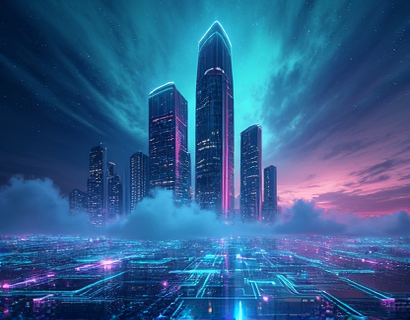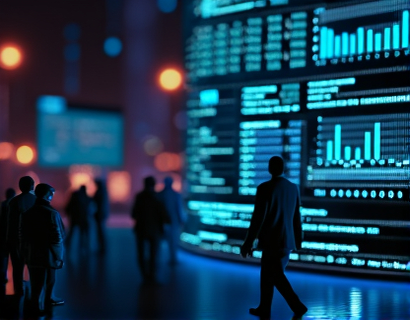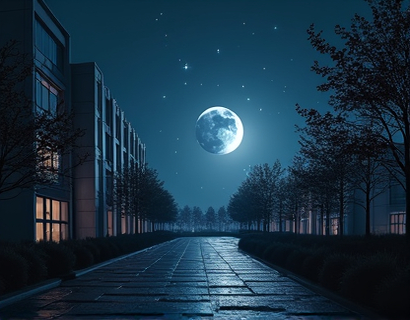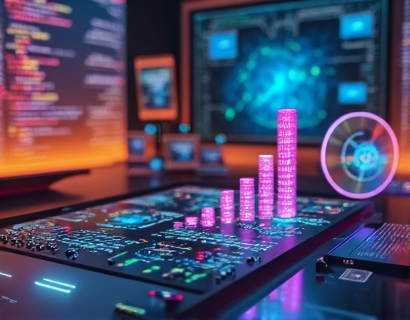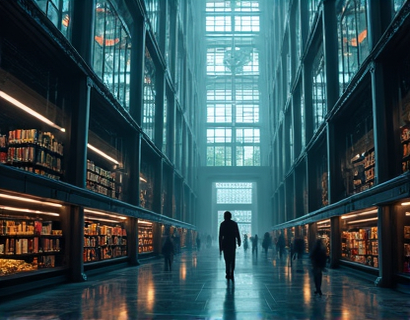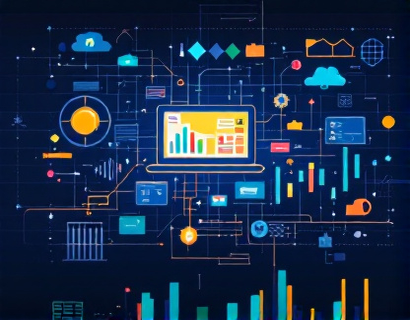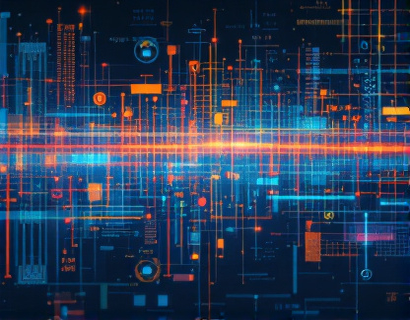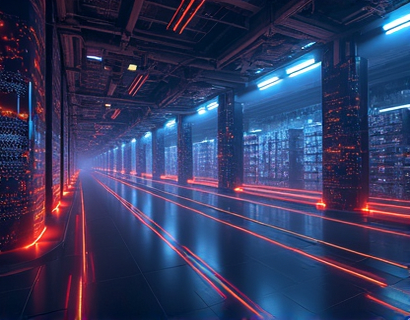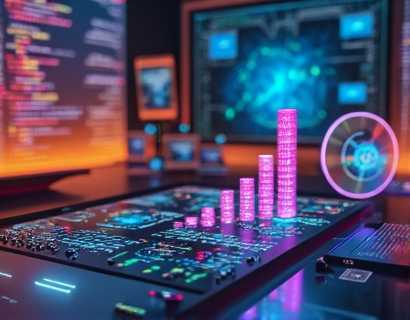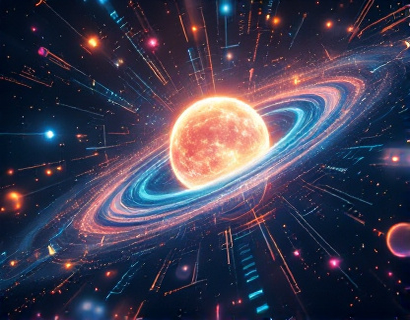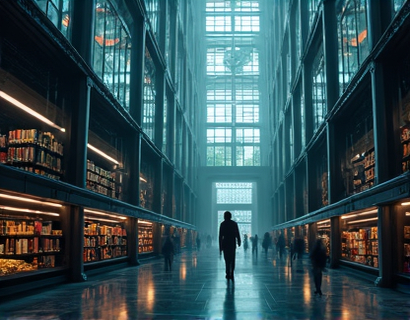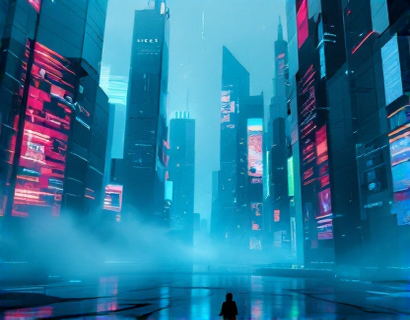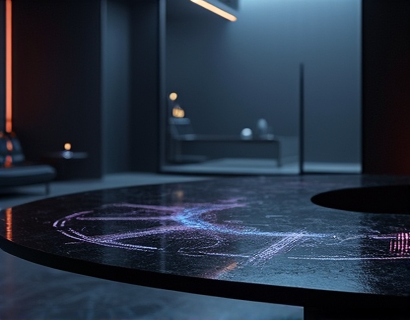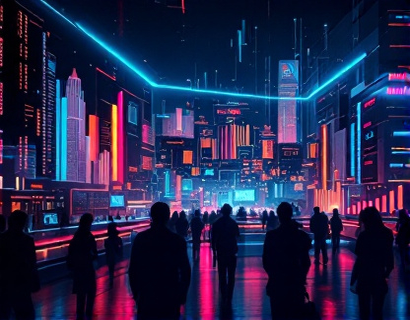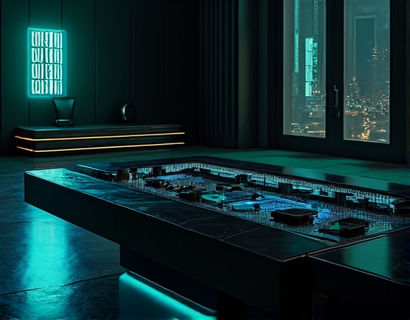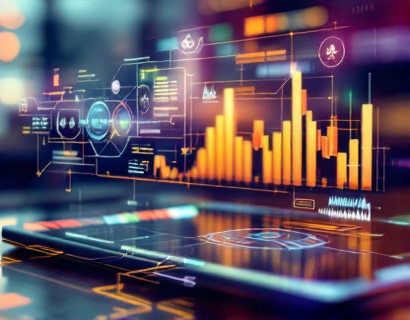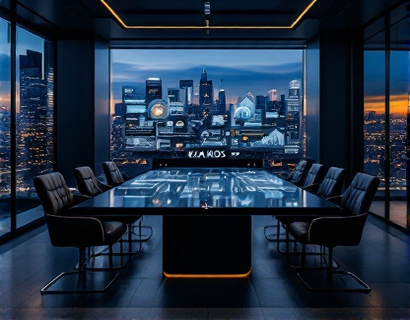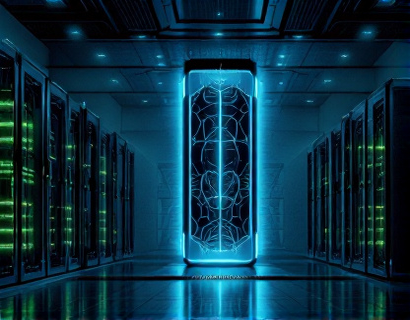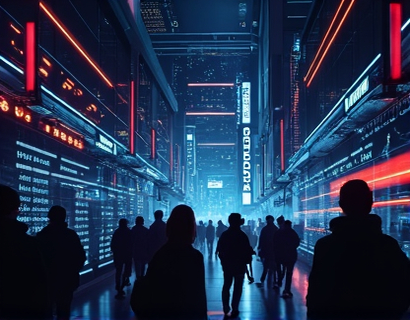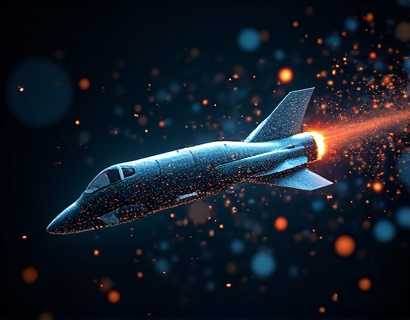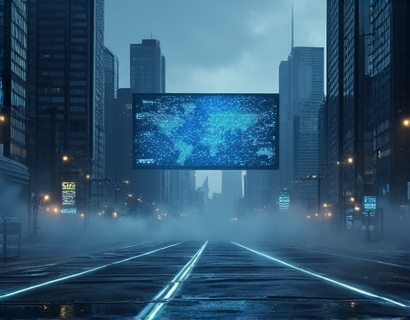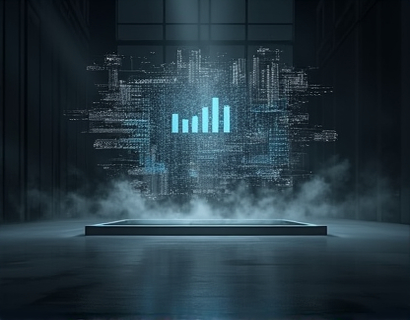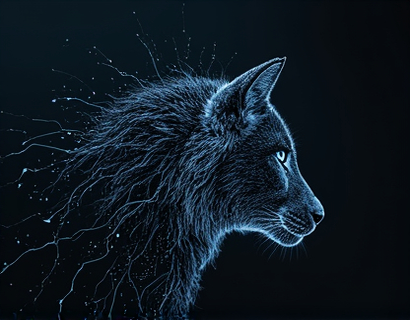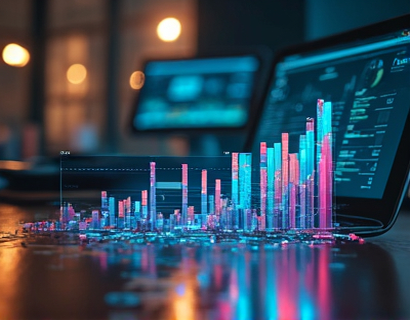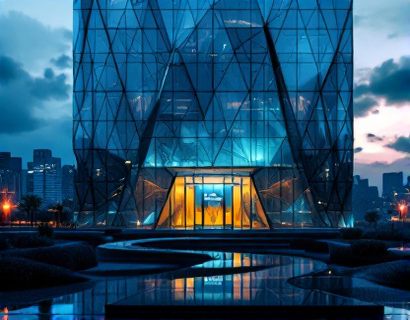AI-Powered Creativity Transformation: Revolutionizing Film, Music, and Gaming Production with Advanced Technology Solutions
The entertainment industry is at a pivotal moment, driven by the integration of Artificial Intelligence (AI) technology. This transformation is not just about automating tasks but about fundamentally changing how creativity is expressed and realized in film, music, and gaming. AI is enhancing the creative process, optimizing production workflows, and streamlining project management, offering professionals in these fields advanced tools to achieve unprecedented results and set new industry standards.
Enhancing Creativity in Film Production
In the realm of film, AI is revolutionizing the way stories are conceived, scripts are written, and visual effects are created. AI algorithms can analyze vast amounts of data to identify trends, predict audience preferences, and suggest narrative directions. For screenwriters, AI-powered tools can assist in generating plot ideas, developing character arcs, and even drafting dialogue. These tools learn from successful scripts and industry best practices, providing writers with valuable insights and suggestions to enhance their work.
Visual effects (VFX) are another area where AI is making significant strides. Traditional VFX workflows are time-consuming and require extensive manual effort. AI-driven solutions can automate repetitive tasks such as object tracking, background removal, and environment generation. Machine learning models can learn from existing VFX shots to create more realistic and detailed effects, reducing the time and cost associated with manual creation. This not only accelerates production but also allows filmmakers to focus on higher-level creative decisions.
Optimizing Music Production
The music industry is equally benefiting from AI technology. Composers and producers can leverage AI to generate musical ideas, create arrangements, and even produce entire tracks. AI algorithms can analyze musical patterns, genres, and styles to suggest new compositions or variations on existing themes. For musicians, AI tools can assist in chord progression generation, melody creation, and even vocal synthesis. These tools can help artists explore new sounds and styles, pushing the boundaries of musical creativity.
AI is also transforming the post-production process in music. Automated mixing and mastering tools use machine learning to optimize audio levels, equalization, and compression, ensuring a professional sound with minimal manual intervention. These tools can adapt to different genres and specific track characteristics, providing consistent and high-quality results. Additionally, AI-powered music recommendation systems can help discover new artists and tracks, enhancing the listener's experience and driving engagement.
Revolutionizing Gaming Development
In gaming, AI is playing a crucial role in creating more immersive and dynamic experiences. AI-driven non-playable characters (NPCs) can exhibit more realistic behavior, adapting to player actions and creating a more engaging game world. Machine learning models can analyze player data to tailor game difficulty, story progression, and even generate procedural content, ensuring a unique experience for each player. This level of personalization not only enhances player satisfaction but also extends the life of a game.
AI is also revolutionizing game design and development. Tools powered by AI can assist in level design, optimizing paths, and ensuring a balanced gameplay experience. AI algorithms can simulate player interactions and identify potential issues or improvements, saving developers time and resources. Furthermore, AI can help in creating realistic soundscapes and ambient effects, enriching the overall gaming environment.
Streamlining Project Management with AI
Beyond creative tools, AI is transforming project management in the entertainment industry. AI-powered project management platforms can predict project timelines, allocate resources more efficiently, and identify potential bottlenecks. These platforms analyze historical data and current project metrics to provide insights and recommendations, helping project managers make informed decisions. Automated task assignment and progress tracking ensure that projects stay on schedule and within budget.
Collaboration is another area where AI shines. AI-driven communication tools can facilitate seamless collaboration among remote teams, translating languages in real-time and summarizing meeting notes. These tools help overcome geographical barriers and enhance team productivity. AI can also monitor team performance and morale, suggesting interventions to improve collaboration and maintain a positive work environment.
Challenges and Considerations
While the benefits of AI in the entertainment industry are undeniable, there are challenges and considerations that must be addressed. One major concern is the potential displacement of jobs. As AI tools become more sophisticated, there is a risk that some traditional roles may be automated. However, AI is more likely to augment human creativity rather than replace it. Professionals will need to adapt by acquiring new skills and embracing AI as a collaborative partner.
Another challenge is the ethical use of AI. Ensuring that AI-generated content respects copyright laws, avoids bias, and maintains artistic integrity is crucial. Industry stakeholders must establish guidelines and best practices to govern the use of AI, protecting both creators and consumers. Transparency in AI decision-making processes is also essential to build trust and credibility.
Future Prospects
The future of AI in the entertainment industry is bright, with ongoing advancements promising even more innovative applications. As AI models become more sophisticated, we can expect to see deeper integration into every aspect of production, from pre-production planning to post-release analytics. The synergy between human creativity and AI technology will continue to push the boundaries of what is possible, leading to more immersive, engaging, and personalized entertainment experiences.
The entertainment industry stands at the forefront of a technological revolution, with AI playing a central role. By embracing these advanced solutions, filmmakers, musicians, and game developers can unlock new levels of creativity, efficiency, and innovation. The key is to view AI not as a replacement but as a powerful ally in the creative process, enabling professionals to focus on what they do best—crafting compelling stories and experiences that resonate with audiences worldwide.



